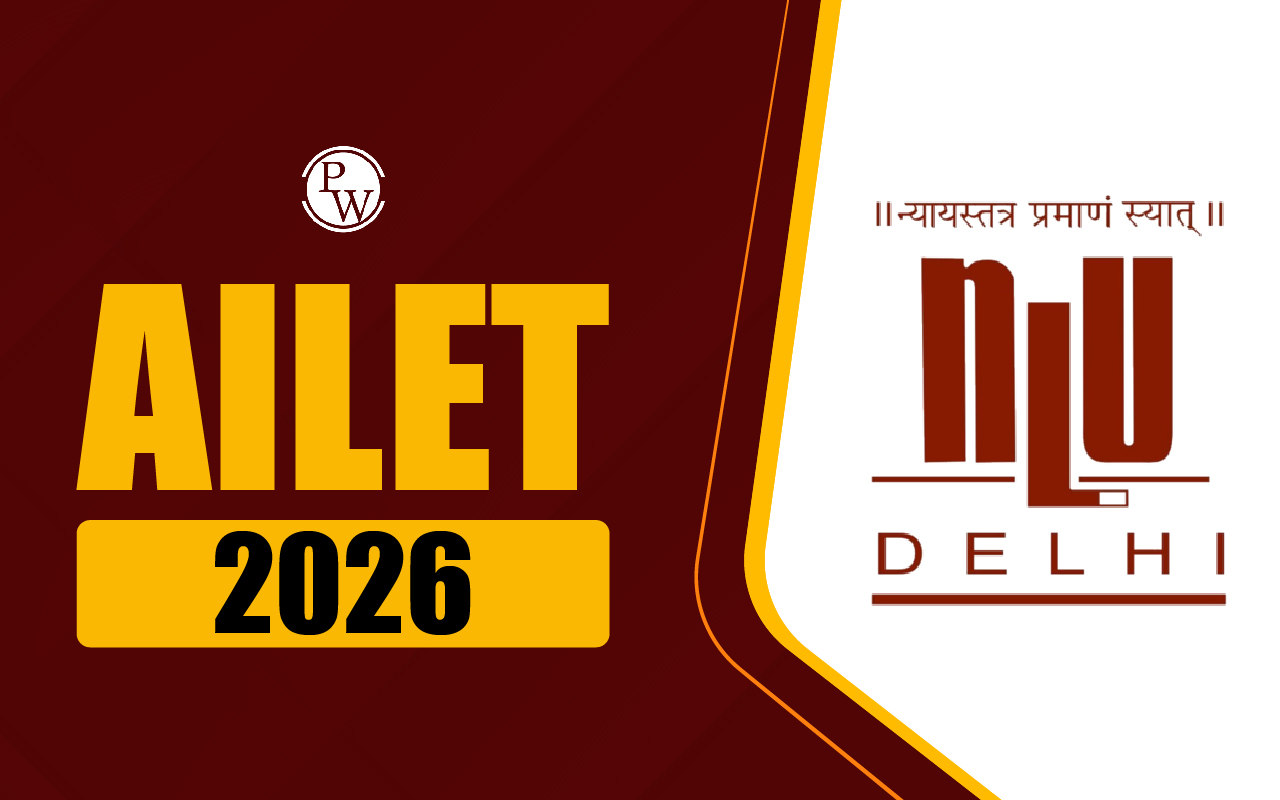

Career Paths Available after CLAT 2026 are not limited to courtrooms. A law degree opens doors to diverse opportunities in litigation, corporate law, judicial services, and public sector roles. Students can choose between becoming practicing lawyers, joining corporate firms, or serving as judges through Judicial Services Examinations. Many also aim for Public Sector and Government Jobs like PSUs, armed forces (JAG), or banks, which provide stability and respect.
At the same time, law graduates can explore Non-Traditional Career Options. These include legal journalism, academia, research, compliance, and emerging legal technology fields. Such roles allow students to combine law with writing, teaching, or innovation. Exploring Various Career Paths Available after CLAT 2026 helps aspirants plan their careers based on interests, skills, and long-term goals.
Join Law Online Coaching - Enroll Now
Career Paths Available after CLAT 2026 for Law Graduates
After getting your law degree, you have many choices. These can be sorted into a few main groups. The most common path is to become a lawyer. But there are many other options. These other options are just as good, or even better, for some people.
A law degree teaches you key skills. You learn to think clearly. You learn to solve problems. You learn to talk and write well. These skills are useful in many jobs. So, if you want to become a lawyer, that is great. But do not feel stuck. Many other career paths available after CLAT 2026 use these skills too.
Various Career Paths Available after CLAT 2026 in India
Exploring Various Career Paths Available after CLAT 2026 in India gives students many choices. From traditional roles like litigation and judicial services to modern options like corporate law, each path offers unique opportunities. Let’s look at these career options one by one.
Litigation
This is what most people think of. You become a practicing lawyer. You argue cases in court. You stand up for your clients. You can work in civil or criminal law. You can also handle cases about money or property. You must first register with the Bar Council. Then you pass the All India Bar Examination (AIBE). You work with a senior lawyer to learn the ropes. After some time, you can handle your own cases. The work can be tough. But it is also very rewarding. You get to help people directly. The scope of Exploring Various Career Paths Available after CLAT 2026 includes this very traditional path.
Corporate Lawyer
Corporate lawyers work with companies. They make sure the company follows all the laws. They handle contracts. They help with big deals like mergers. They work in a business setting, not a courtroom. This is a very popular choice. It often pays very well. You can work for a big law firm or for a company itself. The job is about preventing problems. You help businesses do things right. You can find many jobs like this under Exploring Various Career Paths Available after CLAT 2026.
Judicial Services
This is a very respected job. You can become a judge. You sit on the bench. You decide on cases. This job gives you a lot of power and respect. You have a chance to make a real impact. To become a judge, you must pass a state-level exam. These are called Judicial Services Examinations. You can become a Civil Judge or a Judicial Magistrate. This is a top-tier option among all Career Paths Available after CLAT 2026.
Public Sector and Government Jobs after CLAT 2026 for Law Aspirants
Many law graduates want to work for the government. These jobs are very stable. They offer great benefits. You also get to serve your country. Here are some of the main government jobs for law graduates.
Public Sector Undertakings
PSUs are government-owned companies. They hire lawyers as legal officers or advisors. These jobs are very stable. They also pay well. PSUs often hire through the CLAT PG exam. You need a good score on the CLAT PG to get shortlisted. The process includes a group discussion and an interview. Some well-known Public Sector Undertakings that hire law graduates are:
-
Indian Oil Corporation Limited (IOCL)
-
National Thermal Power Corporation (NTPC)
-
Oil and Natural Gas Corporation (ONGC)
This is a great option for those interested in Public Sector and Government Jobs after CLAT 2026. Here is a table with some general information about these roles:
|
Public Sector Jobs after CLAT 2026 for Law Aspirants |
|||
|
PSU Name |
Post Name |
Pay Scale (General) |
Eligibility |
|
BHEL |
Legal Executive Trainee |
₹24,000 - ₹60,000 |
Law graduate with CLAT PG score |
|
ONGC |
Law Officer |
₹60,000 - ₹1,80,000 |
Law graduate with CLAT PG score |
|
NTPC |
Trainee Legal Advisor |
₹20,600 - ₹46,500 |
Law graduate with CLAT PG score |
Armed Forces (JAG)
The Judge Advocate General branch is for lawyers in the military. You can serve as a legal officer in the Army, Navy, or Air Force. This is an exciting career path. You get to wear a uniform and serve your country. The JAG entry scheme is very popular. You need to meet specific eligibility criteria. These include age and physical fitness. You must also be a registered advocate. This is a very respected choice among all Public Sector and Government Jobs after CLAT 2026.
Other Government Roles
Law graduates can also join other government bodies. They can become legal officers in banks. They can work in government ministries. They can also work for organizations like SEBI or RBI. Many of these jobs require you to pass specific exams. Some also need a few years of experience. These jobs provide a sense of service. This makes them attractive options. They also offer a strong, stable career. The variety of Public Sector and Government Jobs after CLAT 2026 is immense.
Non Traditional Career Options for Law Graduates after CLAT 2026
The legal field is changing. New jobs are being created all the time. These are not your typical lawyer jobs. They use your legal skills in new ways. These are fantastic Non-Traditional Career Options for Law Graduates.
Legal Journalism
If you love to write and read the news, this is for you. A legal journalist reports on court cases and legal changes. They make complex legal topics easy for everyone to understand. They work for newspapers, websites, and magazines. This job combines your love for law and communication. It is a great alternative career. It is one of the top Non-Traditional Career Options for Law Graduates.
Academia and Research
For those who love to learn, this is a great path. You can become a professor. You can teach future lawyers. You can also do legal research. This job helps you stay connected to new legal developments. You can also get a Ph.D. You can work with think tanks. You can help shape public policy. This is one of the most intellectually rewarding Non-Traditional Career Options for Law Graduates.
Legal Technology (Legal Tech)
Technology is now changing law. You can join this change. Legal tech means making simple software and tools. These tools help lawyers finish their work faster. They can do small legal tasks automatically. They also make legal help easy for people. Lawyers who know tech are wanted a lot. This is a new and growing field. It is one of the best Non-Traditional Career Options for Law Graduates.
Compliance Officer
A compliance officer makes sure a company follows all the rules. This is especially true in finance and banking. They check for rule breaks. They help the company avoid big fines. They make sure the company does the right thing. This job is very important. It uses your knowledge of laws in a business setting.
Career Paths Available after CLAT 2026 FAQs
What are the main Career Paths Available after CLAT 2026?
Are Public Sector and Government Jobs after CLAT 2026 a good option?
What are Non-Traditional Career Options for Law Graduates?
Do I need more exams after CLAT to join government services?
Can law graduates work outside the courtroom?











